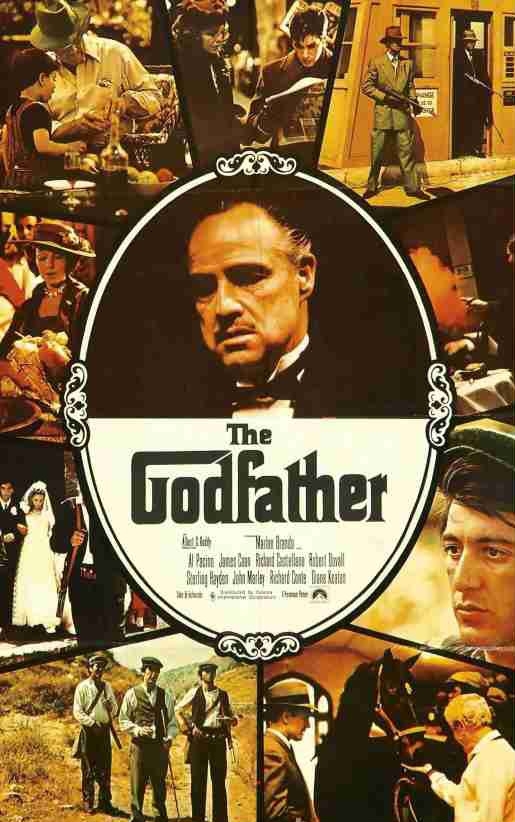An Offer We Couldn't Refuse: The Godfather's Profound Impact on Global Cinema
The Birth of an Icon
In 1972, the cinematic landscape was irrevocably altered with the release of Francis Ford Coppola's The Godfather. Based on Mario Puzo's best-selling novel, this masterpiece didn't just redefine the gangster genre; it left an indelible mark on global cinema. From storytelling techniques to character development, its influence is as vast as it is profound, echoing through decades of films across the world.
The Godfather Trilogy: A Cinematic Revolution
Storytelling and Character Development
Coppola’s narrative style in The Godfather trilogy brought a level of depth and complexity previously unseen in mafia-themed movies. The characters were not mere caricatures of good and evil. Instead, they were multi-faceted, with motivations and vulnerabilities that resonated with audiences worldwide. This nuanced approach to storytelling encouraged filmmakers to explore the grey areas of morality, influencing countless gangster films that followed.
Cinematic Techniques and Aesthetics
Coppola's use of lighting, sound, and music set a new standard. The iconic opening scene, where Don Vito Corleone (Marlon Brando) is silhouetted against a dimly lit office, became a blueprint for portraying power dynamics. Similarly, Nino Rota's haunting score added a layer of emotional complexity. These techniques have been widely emulated, contributing to the visual and auditory language of cinema.
The Godfather’s Influence on Directors
Directors like Martin Scorsese, Brian De Palma, and even Quentin Tarantino have cited The Godfather as a major influence. Scorsese's Goodfellas and Tarantino’s Pulp Fiction owe much to Coppola's storytelling and stylistic choices, blending violence with psychological depth and dark humor.
Global Impact: Beyond Hollywood
Italian Cinema and Beyond
In Italy, The Godfather sparked a renewed interest in mafia narratives, leading to films like Gomorrah. But its impact wasn't limited to Italy. In Hong Kong, John Woo's A Better Tomorrow and Andrew Lau's Infernal Affairs (later remade as The Departed in Hollywood) drew inspiration from Coppola's work.
Bollywood’s Tryst with the Mafia
Bollywood, too, felt the ripple effects. Ram Gopal Varma’s Satya, Company and Sarkar trilogy showcased the dark underbelly of the Indian mafia, echoing The Godfather's moral complexities and family dynamics.
Influence in Latin America and Beyond
Latin American cinema, particularly in Brazil and Mexico, saw films like City of God and Amores Perros adopt similar themes of crime, power, and family, underscoring The Godfather’s universal appeal.
Legacy and Longevity
The Godfather’s Timelessness
The reason The Godfather trilogy remains relevant is its universal themes – family, power, and the corrupting nature of greed. These are not just American stories; they are human stories, allowing the trilogy to transcend cultural and temporal boundaries.
Awards and Recognition
With numerous awards, including Oscars for Best Picture, The Godfather trilogy’s excellence is undisputed. However, its true achievement lies in its lasting impact on filmmakers, actors, and audiences worldwide.
Educational Influence
The trilogy has become a staple in film studies, dissected for its narrative structure, character development, and cinematic techniques. It serves as a masterclass for aspiring filmmakers and cinephiles alike.
An Enduring Legacy
As we reflect on the monumental impact of Mario Puzo's The Godfather and the subsequent trilogy directed by Francis Ford Coppola, it’s clear that its legacy is not confined to the gangster genre or Hollywood. Its influence stretches across the globe, shaping the way stories are told, characters are developed, and films are made. In the world of cinema, The Godfather is not just a film; it’s a phenomenon, a benchmark, and indeed, an offer that the world of cinema couldn’t refuse.


